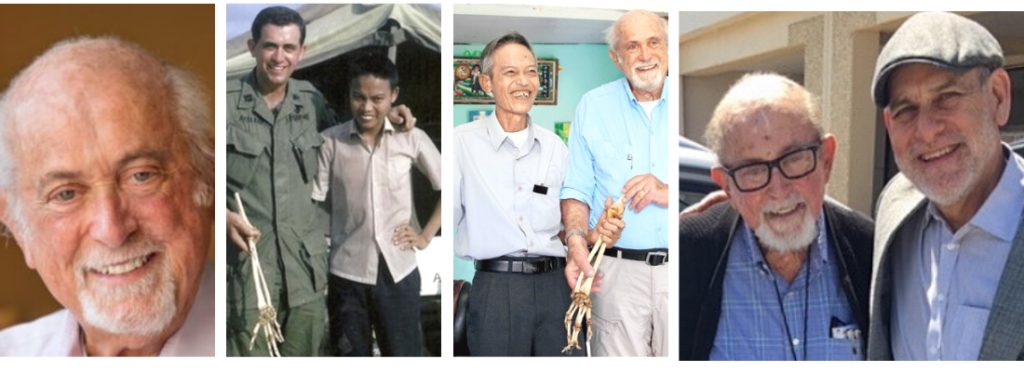AXELRAD SCHOLARSHIP FUND

The Dr. Sam Axelrad Memorial Scholarship Fund of The Mussar Institute
The Dr. Sam Axelrad Memorial Scholarship Fund is intended to make Mussar courses and programs accessible for all worthy Mussar students.
A Note from Alan Morinis about the Alexrad Memorial Scholarship Fund: Sam was someone who wanted to include everyone in Mussar study and practice because he was so excited and committed himself. As he never tired of saying, he found Mussar to be “daily useful.” This fund will make it possible for more people to participate in our programs, which is so true to Sam’s vision and behavior. He was such an enthusiastic supporter of other people that a scholarship fund is the perfect way to honor him, his name, his memory, and his spirit.
When originating the fund, Mrs. Charlotte Axelrad wrote: “This donation is also dedicated to Dr. Alan Morinis, founder of The Mussar Institute. Alan was a teacher, mentor, friend and confidant to Sam from the inception of their friendship. He brought the gift of Mussar into Sam’s life and added a dimension of personal happiness and fulfillment for Sam for many years and for this he has my gratitude.”
A Remembrance of Dr. Sam Axelrad z”l by Alan Morinis
Dr. Sam Axelrad, who died at the age of 80 on May 20, 2019, in Houston, was a very early participant, supporter, and leader in the work of The Mussar Institute. He was a founding board member and a blessing in the lives of so many. Obituary: Houston Chronicle.
Sam contacted me soon after he read my book, Climbing Jacob’s Ladder. His passionate voice burst out of the telephone and I think it was even in that first conversation that he used a phrase that I must have heard from him hundreds of times: “Daily useful.” What he loved about Mussar was how practical it is as a discipline for personal practice and transformation. And that’s what he sought to convey to others through the groups he ran and the classes he gave at synagogues, hospitals and at Yom Limmud in Houston. He found Mussar “daily useful” and, typical Sam, felt impassioned to give that gift to others.
No sooner did we manage to pull off the first Mussar Kallah in New York than Sam stood up to call for the next one to be held in Houston, which it was, entirely because of Sam. He was the kind of supporter who rolled up his sleeves and got the job done. Sam himself was “daily useful.”
Being so practical, Sam knew that our work needed money, and he was very generous himself. But he wanted others to be generous as well. As a urologist and a qualified mohel, he did a lot of circumcisions. He came up with what is surely a unique fundraising program for a Jewish organization: When he did a bris, he took no fee and asked the family to donate to The Mussar Institute. I estimate we received in excess of $10,000 from Sam’s one-man circumcision fundraising program.
Sam was a man of deep passions and his deepest in regard to Mussar was for the next generation. For years he repeatedly called for us to involve ourselves with teens. He was so concerned that the generation growing up today be exposed to Jewish values. He didn’t wait for us to get our own act together, however, and started a Mussar program for teens at his own synagogue. When we finally were able to create and roll out a teen Mussar program, his joy knew no bounds.
In March of this year, when I was in Houston, I got to spend time with Sam and his dear wife Charlotte. Sam was already a very weakened version of the vital man I had known. But he was still Sam to the core and to the end. He didn’t complain and wanted to make plans for future activities. I am so glad I got the chance to tell him I loved him.
May the memory of a good soul who did good and cared for all be remembered as an inspiration.
Note from the Editor: In 1966, Captain Sam Axelrad was a U.S. Army doctor in the Vietnam War when a North Vietnamese soldier, Nguyen Quang Hung, was brought to him to amputate his infected arm. Following the surgery, Dr. Axelrad’s medics boiled the arm, wired the bones together, and gave the arm to him as a moment of saving an enemy combatant’s life. Fifty years later, Dr. Axelrad returned to Vietnam, found the soldier, and gave him the bones of his arm, an act that allowed the soldier to prove his veteran status and seek his rightful pension.
